Corporate Contenders: Which Cities are Challenging the Heavyweights?
By Paul Rosta, Senior Editor When it comes to choosing cities for relocation and expansion, corporate real estate decisions frequently lead to the rich getting richer. That rings true for several industries that are today’s leading engines of economic and employment growth. Technology firms tend to gravitate toward the Silicon Valley; Greater Boston’s stature as…
By Paul Rosta, Senior Editor
When it comes to choosing cities for relocation and expansion, corporate real estate decisions frequently lead to the rich getting richer. That rings true for several industries that are today’s leading engines of economic and employment growth. Technology firms tend to gravitate toward the Silicon Valley; Greater Boston’s stature as a global leader in life sciences draws start-ups and giants alike. And the robust energy business favors Houston and Dallas for its corporate facilities.
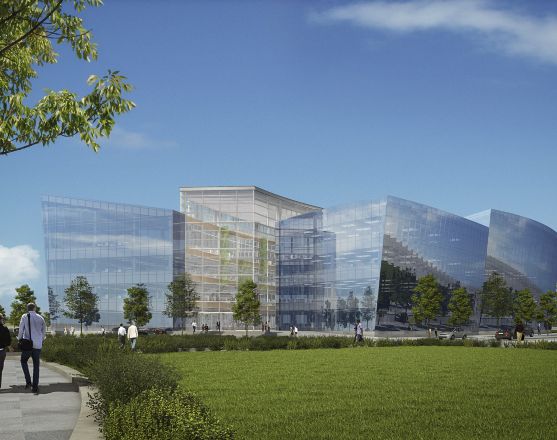
GlaxoSmithKline’s 205,170-square-foot headquarters is nearing completion at Navy Corporate Center in Downtown Philadelphia.
Rendering: Robert A.M. Stern Architects/Neoscape
That said, the diversity within each of those growing industries, and the American economy as a whole, means that the situation is far more nuanced. For instance, though companies might favor the downtowns of their favored cities, premium pricing in Downtown markets gives some corporate decision-makers an incentive to relocate functions to nearby satellite markets, whether in whole or in part.
“Engineering firms, insurance companies, back-office operations and finance companies that typically pay $30 to $50 per square foot in San Francisco are retreating to East Bay markets such as Oakland, Walnut Creek, Emeryville and Concord, “ explained Edward del Beccaro, managing director for Transwestern’s Walnut Creek/East Bay office, in the firm’s fourth-quarter 2012 report on national industry trends.
Nor are high-growth industries limiting themselves to the usual suspects for corporate needs. Oklahoma City is the site of Devon Energy Corp.’s recently completed 1.8 million-square-foot headquarters tower. Xcel Energy commissioned Opus Development to build a 212,000-square-foot headquarters.
Tech companies that feel boxed out of high-priced hubs are becoming more open to alternatives. “The labor pool is tighter in more established tech markets like the Silicon Valley, Austin and Seattle, prompting companies to look for space and set up shop in less traditional markets like Atlanta, Chicago and Washington, D.C.,” commented Amber Schlada, Jones Lang LaSalle Inc.’s research manager for Northern California, in a recent report.
Greater Las Vegas does not yet rank with more established technology hubs in scale, but it is laying the groundwork for an eventual run at the established leaders. From 2010 to 2011, the most recent full years for which data is available, the city added nearly 7,000 high-tech jobs. That translates to a 22.9 percent year-over-year increase, second in the U.S. only to San Francisco’s total of new technology jobs over the same period.
When Aris Integration, a Scottsdale, Ariz.-based modular building panel manufacturer, was hunting for a new headquarters location last year, it looked at Albuquerque, Las Vegas and El Paso, Texas. In the end, Aris stuck to its home state and chose Tucson for its new 300,000-square-foot headquarters and manufacturing plant. Duane Armijo, the company’s founder & CEO, told the Arizona Daily Star that Tucson won the nod with its focus on sustainable technology, record of public-private cooperation and ample pool of skilled construction workers.
Life sciences is another sector that gives secondary markets a shot at becoming top-tier niche players. In its recent annual report on the life sciences sector, Jones Lang LaSalle named Philadelphia, Minneapolis and the Raleigh-Durham, N.C., Research Triangle to its top 10 centers for pharmaceutical and biotechnology R&D. That places the cities in the company of heavyweights like Boston, the San Francisco Bay region, New Jersey/New York City, San Diego and Seattle.
Philadelphia’s deep resources in education and medicine continue to lure corporate pharmaceutical facilities. At the Navy Yard Corporate Center, a master-planned development within the Philadelphia Navy Yard, Iroko Pharmaceuticals L.L.C. recently moved into a 56,412-square-foot headquarters developed by a joint venture of Liberty Property Trust and Synterra Partners. Not far from the new Iroko building, another Liberty/Synterra project is nearing the finish line: GlaxoSmithKline’s new global headquarters. Designed by Robert A.M. Stern Architects, the 205,170-square-foot building will be a candidate for LEED Platinum certification.
For some secondary markets, a strong selling point is the competitive cost of real estate. Jones Lang LaSalle names Indianapolis, Westchester County, N.Y., New Haven, Conn., and several cities in Florida as examples of those that are mounting systematic campaigns to create life-science centers. In December, the Max Planck Institute opened its first U.S. affiliate on the campus of Florida Atlantic University in Jupiter, Fla. To lure the 100,000-square-foot research center, which is dedicated to neuroscience, the state of Florida, Palm Beach County and the university teamed up to provide $188 million toward development.
For more on the top cities for corporate growth, turn to “Urban Renewal” in the February 2013 issue of Commercial Property Executive.

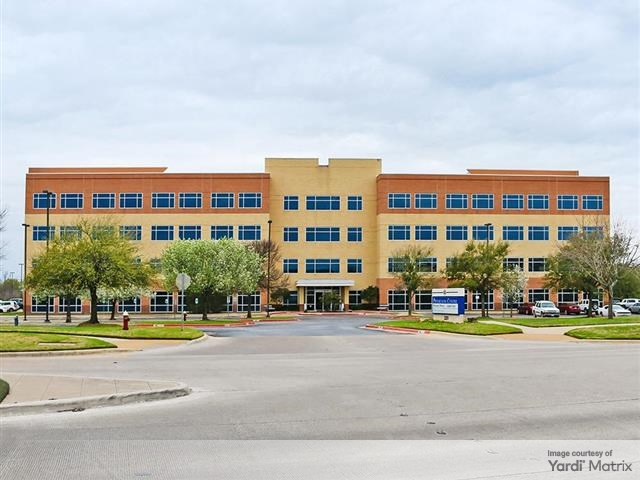
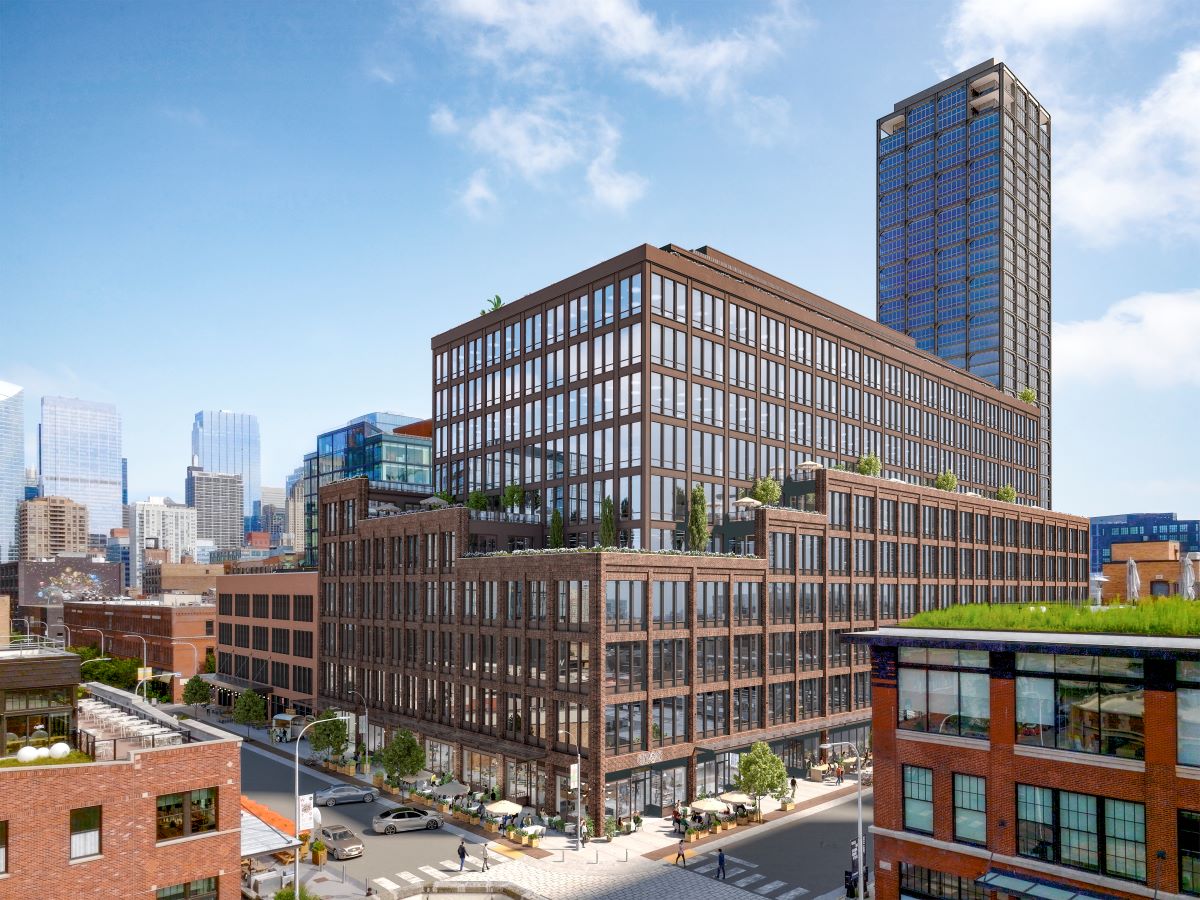

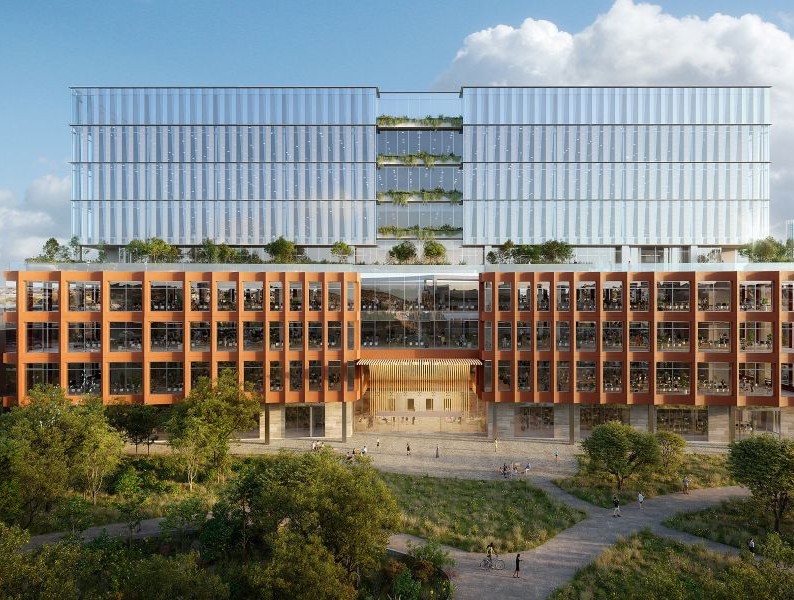
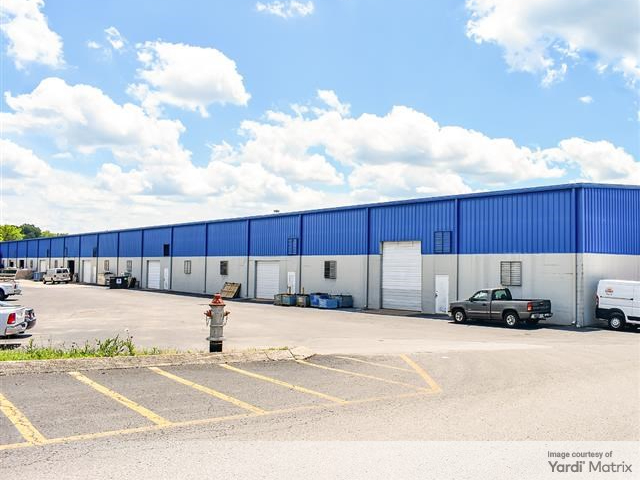
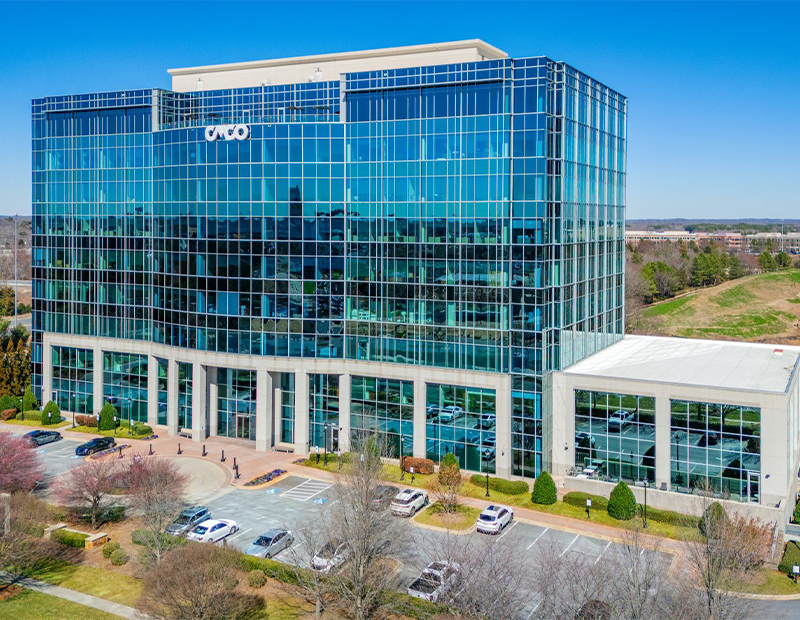
You must be logged in to post a comment.